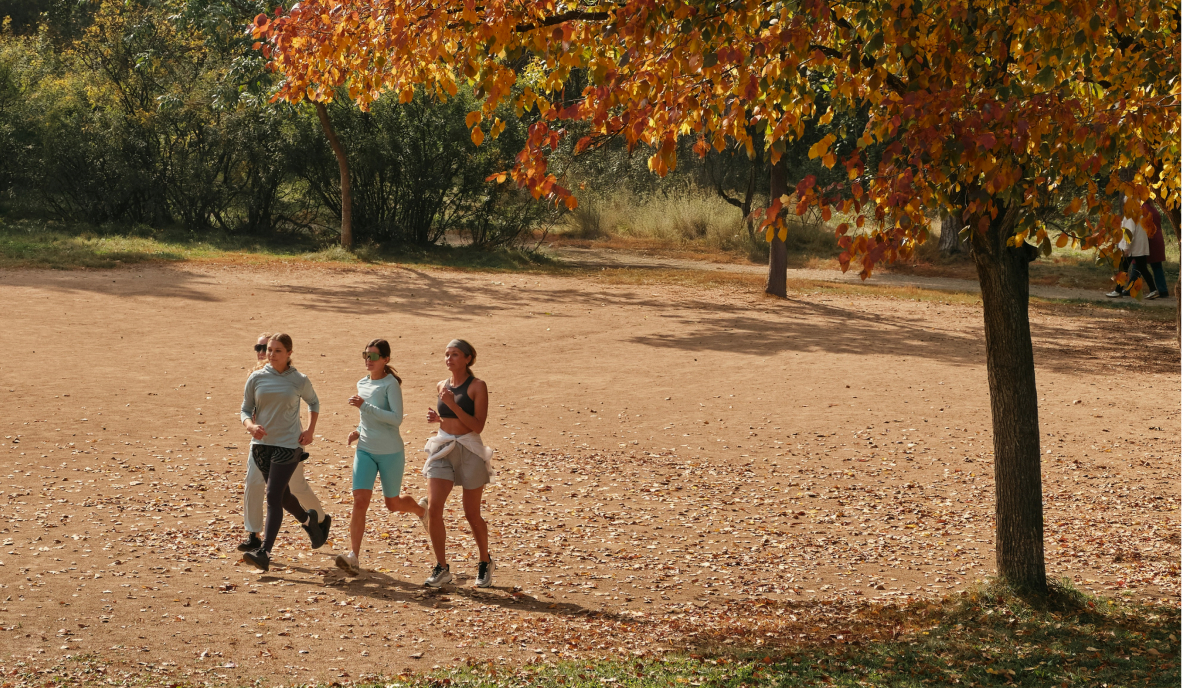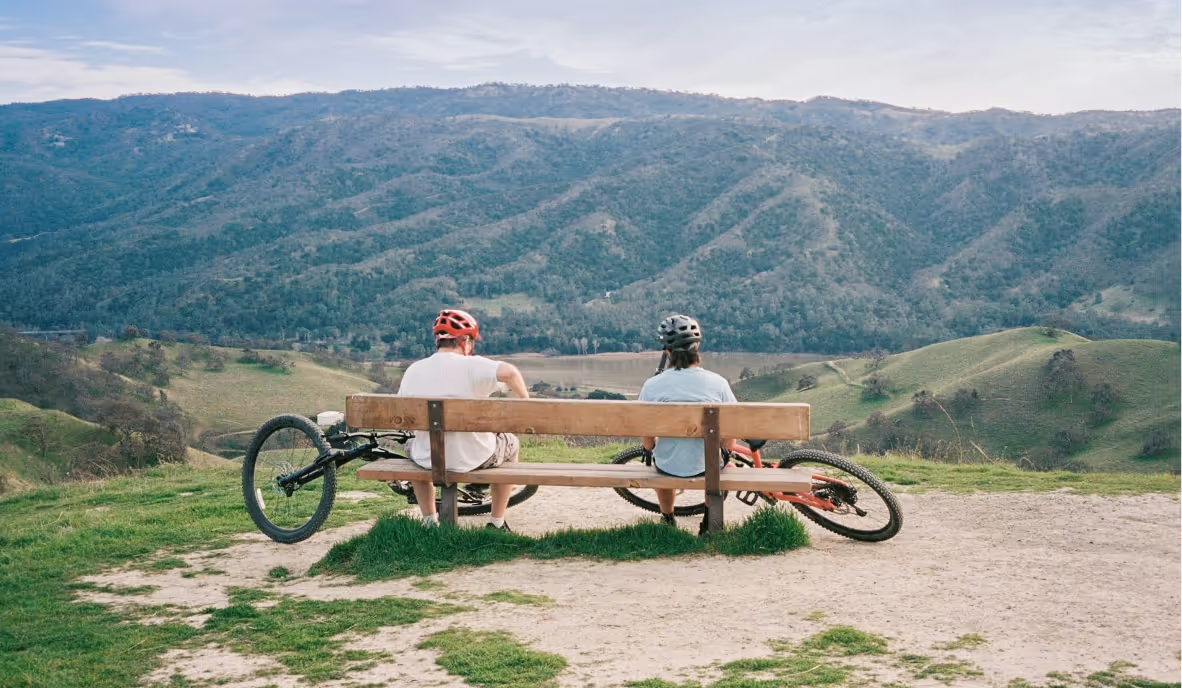The Future of Urban Living? A Closer Look at 15-Minute Cities

Join the community





You walk out of your house and reach a grocery store in 5 minutes, a pharmacy in 7 minutes, and a preschool in 10 minutes. Within 15 minutes from your house, there are parks, restaurants, hospitals, and bookstores, all easily accessible.
This concept is known as a 15-minute city, where all the activities related to your work, school, daily needs, and recreation are within a short walk, bike, or transit ride from home.
15-minute cities challenge us to rethink urban planning to decrease dependence on driving and create more self-sustaining and sustainable communities.
Why do we need 15-minute cities?
Transportation accounts for 20% of greenhouse gases in the atmosphere, with road travel being the main contributor. Implementing the concept of 15-minute cities could effectively reduce the number of cars on our roads.
In addition to reducing air pollution, having fewer cars on the road would also result in less noise pollution and increased safety for pedestrians and cyclists. The areas currently occupied by highways and parking lots could be repurposed to create urban green spaces and parks. These spaces would not only provide shade and cool down neighborhoods but also help absorb carbon dioxide from the air.
Paris serves as a great example of this concept. The city is converting old military buildings and parking structures into mixed-use buildings that include apartments, retail, and office space. Furthermore, Paris has constructed 600 miles of protected bike lanes to promote cycling.
Can we build 15-minute cities in the U.S.?
Many cities in the U.S. are exploring the idea of the 15-minute city. The mayor of Cleveland, Ohio, prioritized the development of 15-minute cities when he took office in 2022.
However, American cities face public policy challenges in implementing this idea. Zoning restrictions in many cities prioritize single-family homes over high-density urban living.
Single-family homes with well-manicured lawns require a significant amount of space, leaving limited room for the construction of retail establishments. If more people live in single-family homes, they would rely on cars for commuting to work, schools, and recreation.
According to a 2015 study, approximately nine in ten Americans own a car.
More cars on the road would lead to increased construction of highways and parking spaces, further deviating from the concept of the 15-minute city. But 15-minute cities aren’t impossible in the U.S. We have a successful precedent to guide us.
A 15-minute city in the U.S.
The first car-free neighborhood in the U.S. is currently under construction in Phoenix, Arizona. Known as Culdesac, it is being built on a 17-acre site that was previously occupied by a car body shop and some dilapidated buildings. The neighborhood welcomed its first 36 residents in early 2023 and is expected to eventually accommodate approximately 1,000 people in 760 units, spread across two and three-story buildings.
These buildings are designed to be closely clustered together, creating inviting courtyards for social gatherings.
Culdesac includes amenities such as a grocery store, restaurant, yoga studio, and bicycle shop. Typically, these amenities are separated from residential areas due to strict city zoning laws.
Residents of Culdesac do not have access to on-site parking spaces and are encouraged to utilize rideshare services, electric bikes, or walk for their transportation needs.











